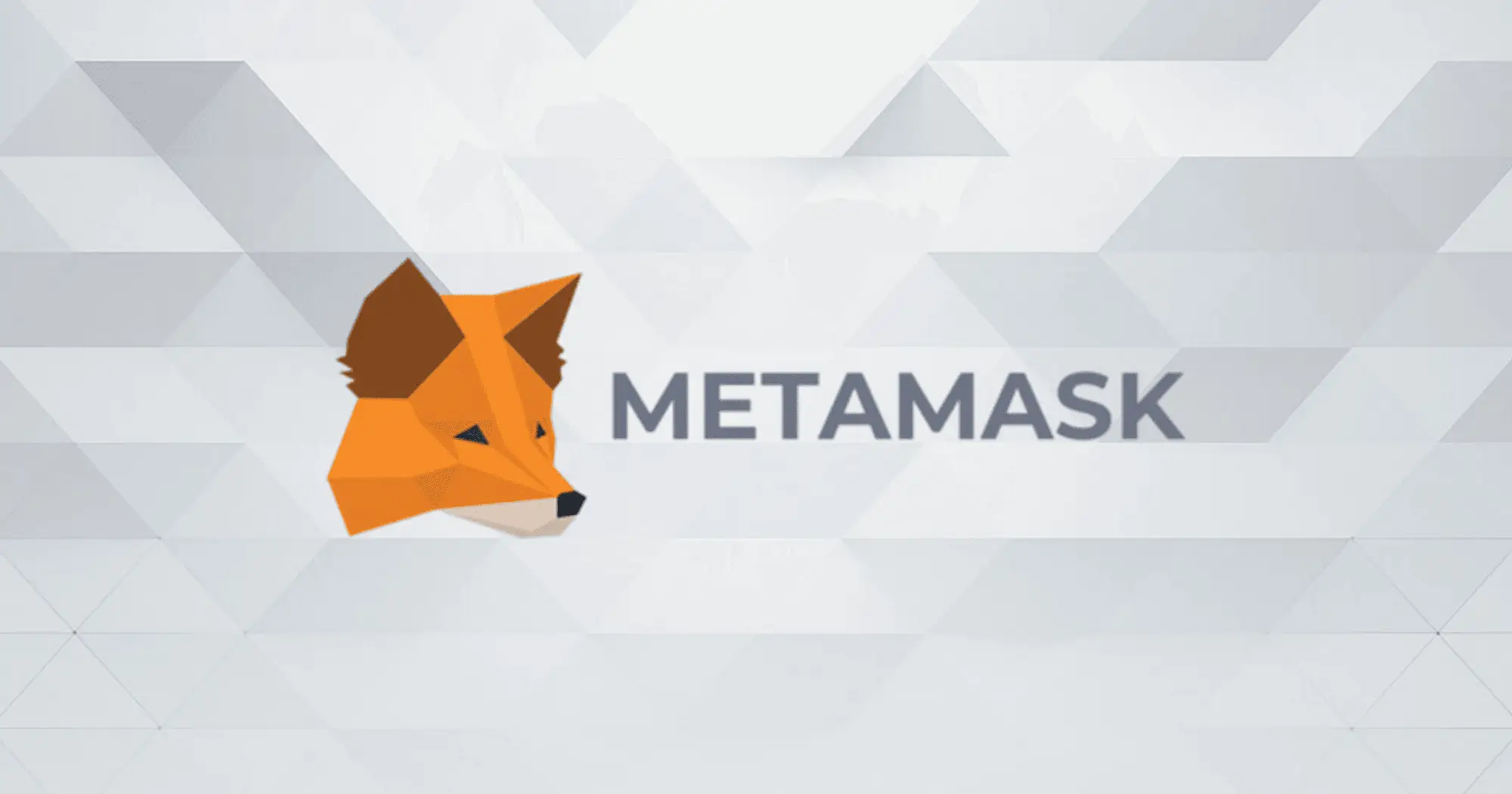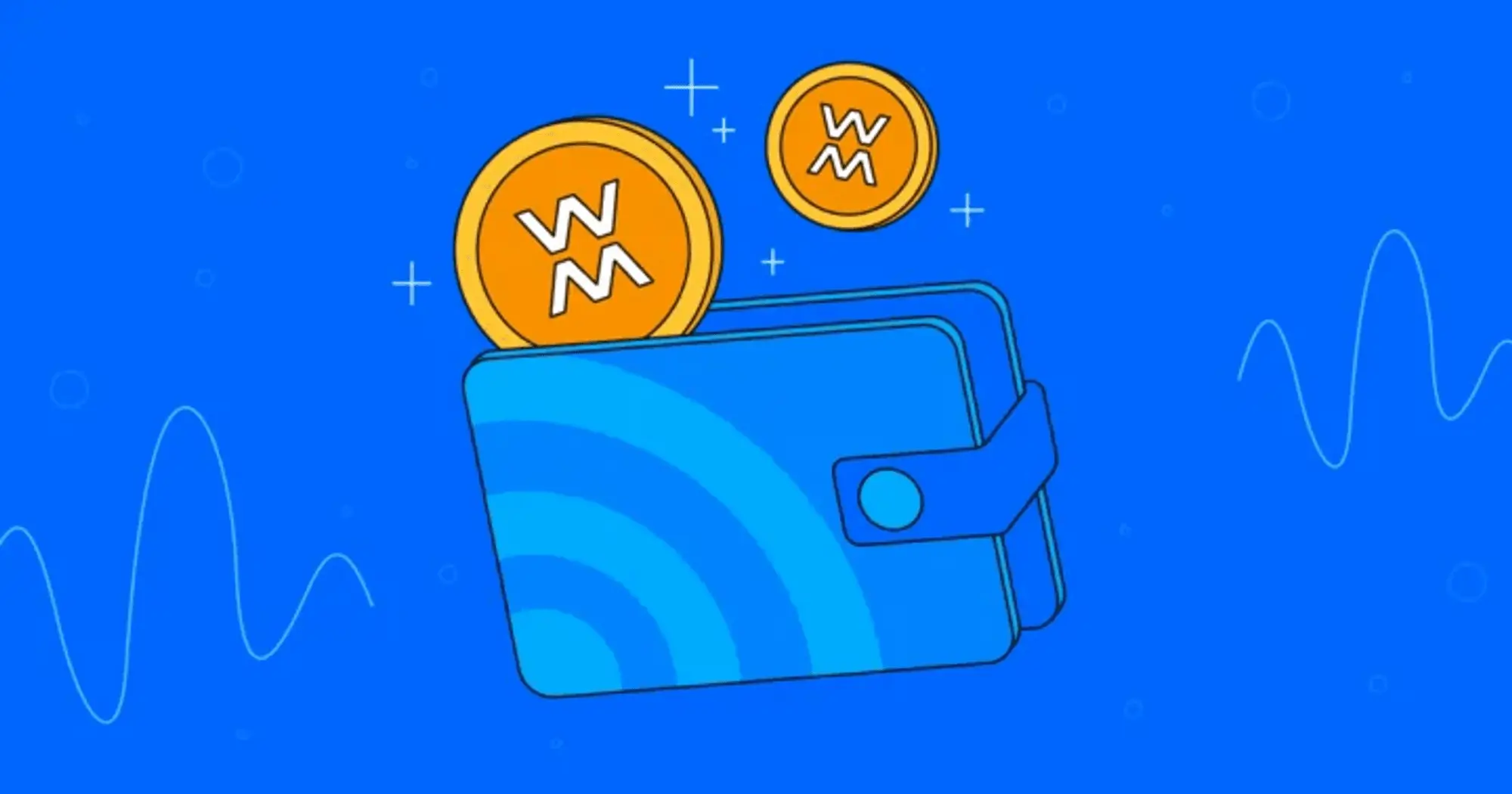Best cybersecurity practices in crypto

What you’ll learn:
- How to choose a secure wallet to store your crypto.
- Security tips on sending and receiving crypto.
- How to create a strong password.
- What’s Two-Factor Authentication and why you should use it.
If you are new to the world of cryptocurrencies, you might be wondering how to keep your funds safe and secure. Well, don't worry, because we’re here to give you some tips and tricks on how to protect your crypto assets from hackers, scammers and other threats.
How to choose a secure wallet to store your crypto
One of the main advantages of crypto is that it is decentralized, meaning that there is no central authority or intermediary that controls or regulates it. This gives you more freedom and privacy, as well as lower fees and faster transactions. However, it also means that **you are responsible for your own security** and that you need to take some precautions to avoid losing your funds.
One of the most important things you need to do is to choose a secure wallet to store your crypto.
A wallet is a software or hardware device that allows you to send and receive crypto. There are different types of wallets, such as web wallets, mobile wallets, desktop wallets and hardware wallets. Each one has its own advantages and disadvantages, but in general, you should look for a wallet that has the following features:
1. A strong password and encryption
2. A backup and recovery option
3. A reputable and trustworthy provider
4. A user-friendly interface
5. A compatibility with your preferred crypto
One of the most popular wallets is MetaMask Wallet. It is a web-based wallet that allows you to access your crypto from any device with an internet connection. MetaMask Wallet supports multiple cryptocurrencies, including Bitcoin, Ethereum and WiFi Map Token $WIFI, which is the native token of WiFi Map ecosystem.

Send and receive crypto
If you are new to the world of crypto, you might be tempted to send your coins to any address that promises you a quick profit or a great deal. But beware! There are many scammers out there who want to take advantage of your inexperience and steal your hard-earned money. That's why we have a word of advice for you: never rush and send crypto to an unknown address.
Always do your research before you make any transaction. Check the reputation and legitimacy of the platform, service, or person you are dealing with. Verify the address you are sending to and make sure it matches the one you intended.
And most importantly, don't let anyone pressure you into making a decision you are not comfortable with.
Remember, crypto transactions are irreversible, so once you send your coins, there is no way to get them back. So be smart, be safe, and be careful with your crypto!
Creating a strong password
Creating a strong password is one of the most important steps you can take to protect your crypto accounts. A strong password can prevent hackers from guessing or cracking your password and accessing your data. But how do you create a strong password? Here are some tips to help you:
Use a combination of uppercase and lowercase letters, numbers, and symbols. This makes your password more complex and harder to guess. For example, instead of using "password123", you could use "P@ssw0rd!23".
Avoid using common words, phrases, or personal information. These are easy to guess and can be found in dictionaries or online databases. For example, don't use your name, birthday, pet's name, favorite movie, etc. as your password.
Make your password long and unique. The longer your password is, the more secure it is. Aim for at least 12 characters, but more is better. Also, don't use the same password for multiple accounts. If one account gets compromised, the others will be at risk too.
Use a password manager or generator. A password manager is a tool that stores and encrypts your passwords for different accounts. It can also generate random and strong passwords for you. This way, you don't have to remember or type your passwords every time you log in. Some examples of password managers are LastPass, Dashlane, and 1Password.
Change your password regularly. Even if you have a strong password, it's still a good idea to change it every few months or whenever you suspect a security breach. This can prevent hackers from using your old password to access your account.
By following these tips, you can create a strong password that will keep your online accounts and personal information safe and secure. Remember, a strong password is your first line of defense against cyberattacks!

Use Two-Factor Authentication wherever possible (and why it’s so important)
Two-factor authentication (2FA) is a security method that requires you to verify your identity in two ways before you can access your online accounts or data.
For example, you might need to enter a password and a code sent to your phone or email.
2FA is important because it makes it harder for hackers to break into your accounts or steal your information, even if they have your password.
There are several tools that enable 2FA, including Google Authenticator, Authy, and YubiKey.
Google Authenticator is a free app that generates a unique code every 30 seconds. YubiKey is a physical device that plugs into your computer’s USB port and generates a unique code when you press the button on the device.
Conclusion
Cryptocurrency is a valuable investment, but it is important to implement best cybersecurity practices to protect your assets. Using strong passwords and enabling 2FA, keeping your crypto wallet secure, and being wary of phishing scams are all important practices to follow. By implementing these practices, you can reduce the risk of cyber attacks and keep your crypto assets safe.
What’s next
Once your crypto wallet is set up and secure, it’s time to add some $WIFI there!
Check the articles below and learn how you can withdraw $WIFI from your WiFi Map App or buy some $WIFI on the exchange.
Related questions
WiFi Map Referral Program
Our referral program gives you the chance to earn $WIFI tokens while helping your friends save on their eSIM purchases.Read more
Languages
English
Español
Français
Italiano
Português
Deutsch
Türkçe
Bahasa Indonesia
Bahasa Melayu
Dutch
Tiếng Việt